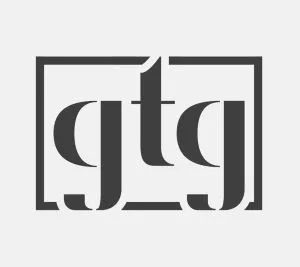In the CJEU case of VG Bild-Kunst v Stiftung Preußischer Kulturbesitz (C-392/19), the CJEU was asked to rule on the question of whether EU Member States, by means of the Copyright Directive (2001/29), are to provide copyright holders with the exclusive right to authorize or prohibit any communication to the public of their works, which includes the availability of their works to the public in such a way that the public can access them at any time and place.
The CJEU reference materialized in relation to a website that contains a digital library with links to digitized content stored on the internet portals of participating institutions.
As can be somewhat expected, AG Szpunar opined that the embedding in a webpage of copyright protected works from other websites by means of clickable links using the framing technique, does not require the copyright holder's authorization, as authorization should be deemed to have been given when the work was initially made available. The same also applies even where the embedding is done by way of framing techniques which circumvent technological protection measures against framing, adopted or imposed by the copyright holder. Such technological measures restrict neither access to a work nor the means of accessing it, but only the manner of displaying it on a screen.
On the other hand, AG Szpunar opined that the embedding of copyright protected works by means on "automatic/inline linking" (i.e. links which automatically display the copyright works, without the need of any further action such as a "click" by the user), do require the authorization of the copyright holder. If such automatic links lead to works protected by copyright, there is an act of communication of those works to the public, which was not considered by the copyright holder whose works were initially made available.
Having said that, the AG observed that it cannot be ruled out that certain automatic links to works made available on the internet, may be captured by one of the exceptions to the copyright holder's need of authorization, in particular, in cases of quotation, caricature, parody or pastiche.
The AG's opinion may be accessed at:
https://curia.europa.eu/jcms/upload/docs/application/pdf/2020-09/cp200103en.pdf
Note: The AG's opinion is not binding on the CJEU.
Originally published 14/09/20.
The content of this article is intended to provide a general guide to the subject matter. Specialist advice should be sought about your specific circumstances.


